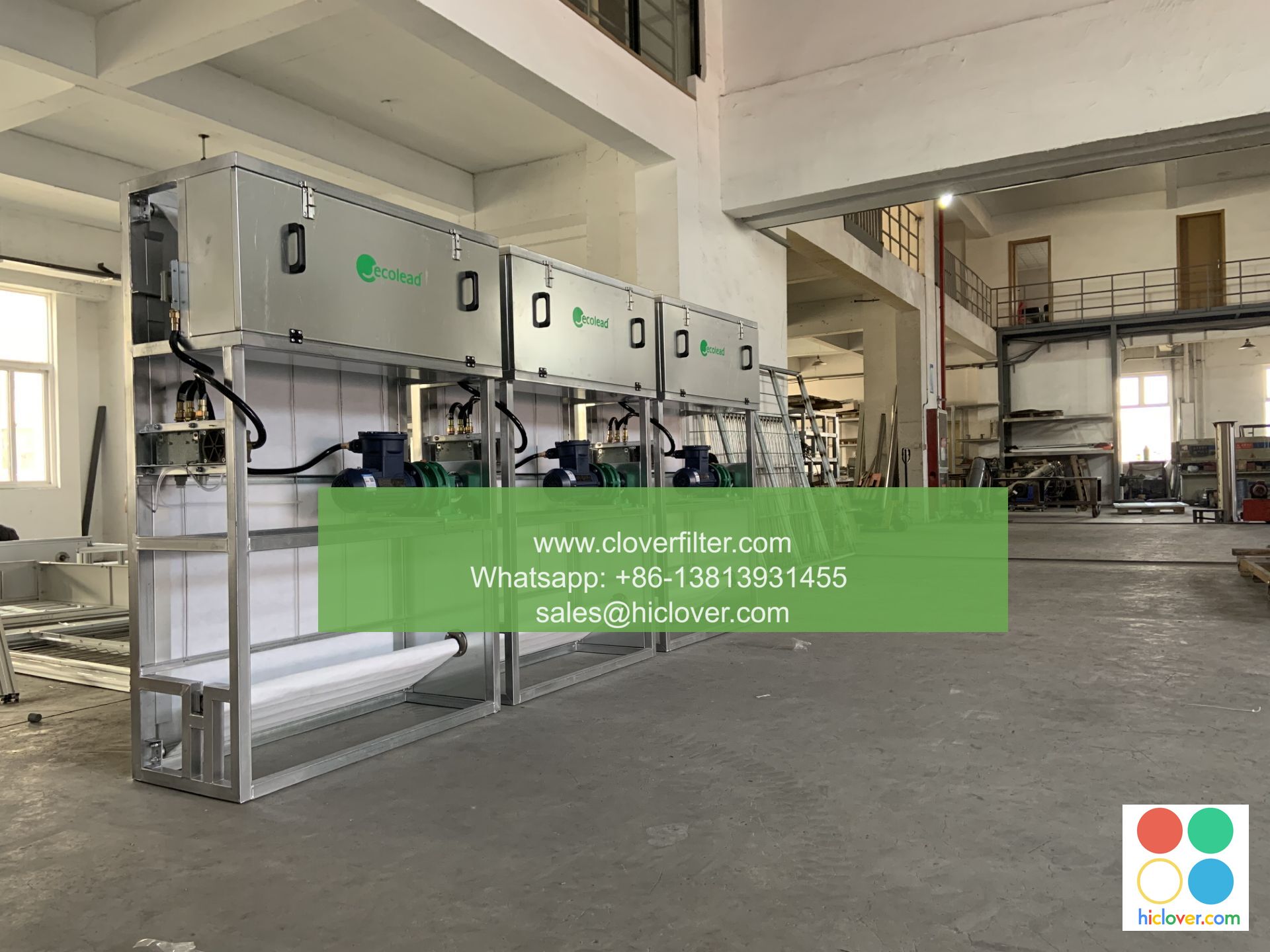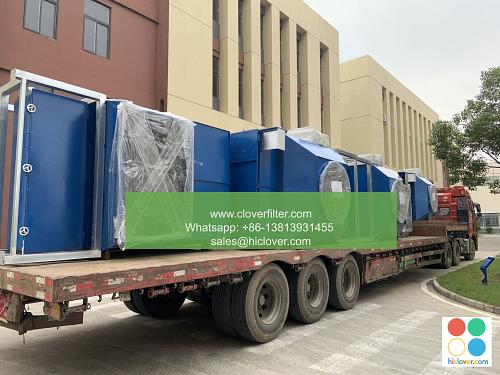Comparison of Automatic Roll Air Filters and Traditional Air Filtration Systems in Sherbrooke’s Industrial Settings

Sherbrooke, a city in southern Quebec, Canada, is known for its thriving industrial sector. The city’s manufacturing facilities, warehouses and distribution centers, require efficient air filtration systems to maintain a clean and healthy environment. In this article, we will compare automatic roll air filters and traditional air filtration systems in Sherbrooke’s industrial settings, highlighting their advantages, disadvantages, and application areas.
Traditional Air Filtration Systems
Traditional air filtration systems, also known as static air filters, have been widely used in industrial settings for decades. These systems use pleated filters or panel filters to capture dust, pollen, and other airborne particles. Traditional air filtration systems are relatively inexpensive to purchase and maintain, but they have some significant drawbacks. For example, they can become clogged with debris, reducing airflow and increasing energy consumption. Additionally, traditional air filtration systems often require frequent filter replacements, which can be time-consuming and expensive.
Automatic Roll Air Filters
Automatic roll air filters, also known as roll filters or self-cleaning filters, are a more modern and efficient alternative to traditional air filtration systems. These systems use a continuous roll of filter media that automatically advances to a new, clean section when the old section becomes clogged. Automatic roll air filters offer several advantages, including improved indoor air quality, reduced energy consumption, and lower maintenance costs. They are ideal for industrial settings with high levels of airborne particles, such as machining facilities, welding shops, and woodworking plants.
Comparison of Automatic Roll Air Filters and Traditional Air Filtration Systems
The following table summarizes the key differences between automatic roll air filters and traditional air filtration systems:
| Feature | Traditional Air Filtration Systems | Automatic Roll Air Filters |
| — | — | — |
| Filter Replacement | Frequent replacements required | Automatic filter advancement |
| Energy Consumption | Higher energy consumption due to clogged filters | Lower energy consumption due to continuous clean filter media |
| Maintenance Costs | Higher maintenance costs due to frequent filter replacements | Lower maintenance costs due to automatic filter advancement |
| Indoor Air Quality | Variable indoor air quality due to clogged filters | Consistently high indoor air quality |
Application Areas
Both automatic roll air filters and traditional air filtration systems have various application areas in Sherbrooke’s industrial settings. Some of the key application areas include:
* Machining facilities: Automatic roll air filters are ideal for machining facilities, where high levels of airborne particles are generated during machining operations.
* Warehouses and distribution centers: Traditional air filtration systems are often used in warehouses and distribution centers, where the air quality is not as critical as in machining facilities.
* Welding shops: Automatic roll air filters are suitable for welding shops, where high levels of airborne particles are generated during welding operations.
* Woodworking plants: Traditional air filtration systems are often used in woodworking plants, where the air quality is not as critical as in machining facilities.
Conclusion
In conclusion, automatic roll air filters and traditional air filtration systems have their own advantages and disadvantages in Sherbrooke’s industrial settings. Automatic roll air filters offer improved indoor air quality, reduced energy consumption, and lower maintenance costs, making them ideal for machining facilities, welding shops, and other industrial settings with high levels of airborne particles. Traditional air filtration systems, on the other hand, are relatively inexpensive to purchase and maintain, but they have some significant drawbacks, including frequent filter replacements and reduced airflow. By understanding the differences between these two types of air filtration systems, industrial facility managers in Sherbrooke can make informed decisions about which system to use in their facilities, depending on their specific air quality requirements and budget constraints.

